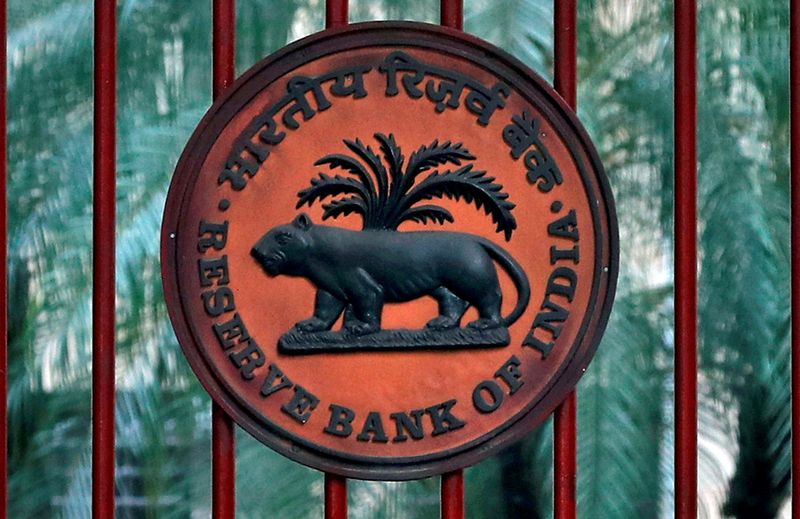By Nupur Anand
MUMBAI (Reuters) - India's central bank is unlikely to give "shadow banks" exemptions from stricter bad-loan rules coming into force, sources told Reuters, essentially ending an advantage the non-bank financial firms have had over standard banks.
Non-banking financial companies (NBFCs) have asked the Reserve Bank of India to exempt smaller loans from the rules taking effect next month that are in line with those covering banks.
India had 10,000 shadow banks as of March 2021, the latest RBI data available, with assets of 54 trillion rupees ($680 billion) or about one-fourth that of the banking sector. Several of the biggest shadow banks are listed on the stock exchanges.
Under the new norms, shadow banks will have to recognise bad loans on a daily basis, rather than monthly, as some now do. Non-performing loans can only be upgraded to performing after borrowers have paid all arrears.
"We have been meeting the RBI regularly and have asked for several relaxations, which they have denied," said an industry source who has attended these meetings with the central bank.
The central bank did not immediately respond to a request seeking comment.
Shadow banks wanted loans of up to 20 million rupees ($250,000) to be exempt, according to a document reviewed by Reuters, and also asked for some accounting requirements to be relaxed and for an extension to comply with the new rules.
"We expect that with the new regulations NBFCs across the board are likely to see an increase of 80-100 basis-point in bad loans," said the chief of one shadow bank, who asked not to be named. "Some firms may see an even up to a 200 basis-point increase."
That could be boost some institutions' bad loans high enough to subject them to additional regulatory requirements and force them to set aside more cash to provision against non-performing loans, industry executives say.
Shadow banks had also asked the RBI to lower the threshold on bad loans for which they would not need court approval to take control of securities pledged against the loan, manage or sell them to recover dues.
"Apart from the short-term hike in bad loans, if NBFCs do not strengthen their collection practices and enforce customer discipline then it can lead to elevated stressed loans for a long time, resulting in a significant impact on their balance sheet," said analyst Anil Gupta at credit rating agency ICRA.
Arguing that their smaller average loan size puts them at a disadvantage to banks, the shadow banks in July sought this permission, under the Securitisation and Reconstruction of Financial Assets and Enforcement of Security Interest act, for loans over 100,000 rupees ($1,250), compared with the current 2 million rupees, according to a document seen by Reuters.

But the RBI is likely to reject this request as well, the sources said.
($1 = 79.5625 Indian rupees)